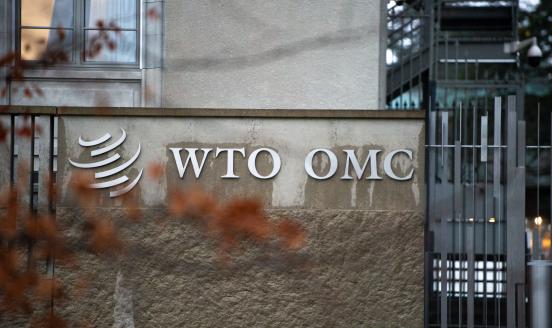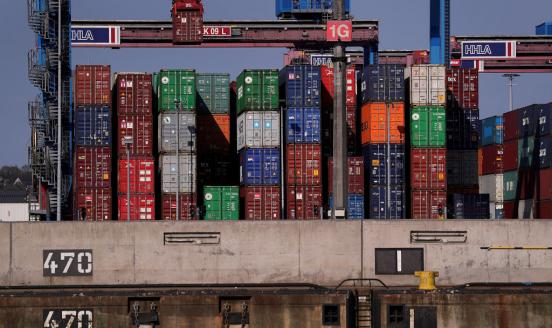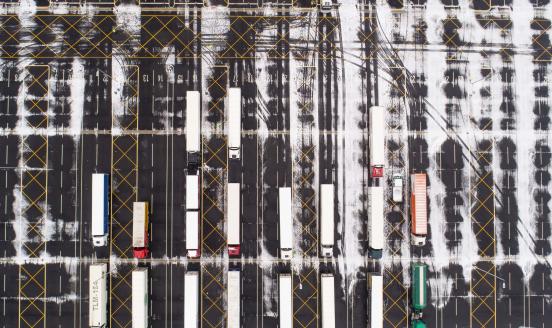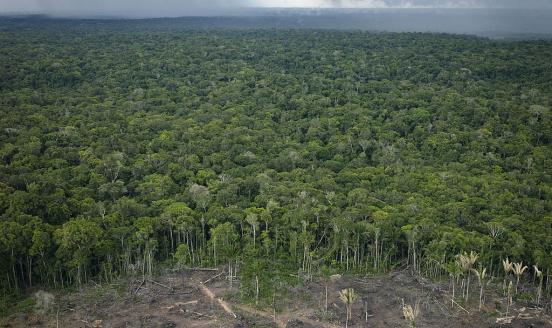The European Union-Mercosur Free Trade Agreement: Prospects and risks
After nearly 20 years of on-off negotiations, the European Union and Mercosur – a customs union covering Argentina, Brazil, Paraguay and Uruguay – in

The quantifiable gains from the Free Trade Agreement between the European Union and Mercosur – Argentina, Brazil, Paraguay and Uruguay – are small on account of the small share of EU trade with Mercosur and the relatively modest ambitions of the deal in terms of liberalising agriculture in the EU and manufacturing in Mercosur.
Nevertheless, the agreement, if ratified and accompanied by reforms that strengthen competitiveness, could represent a major departure for Mercosur, pushing it towards an outward-oriented development strategy. The deal could also mark a significant step forward for the EU in its efforts to reform agriculture. The agreement faces a difficult ratification process, but is worth having and fighting for. Incorporating mechanisms to deal with environmental, especially deforestation, concerns will be particularly important. The agreement constitutes an insurance policy against further deterioration in the rules-based multilateral trading system.



